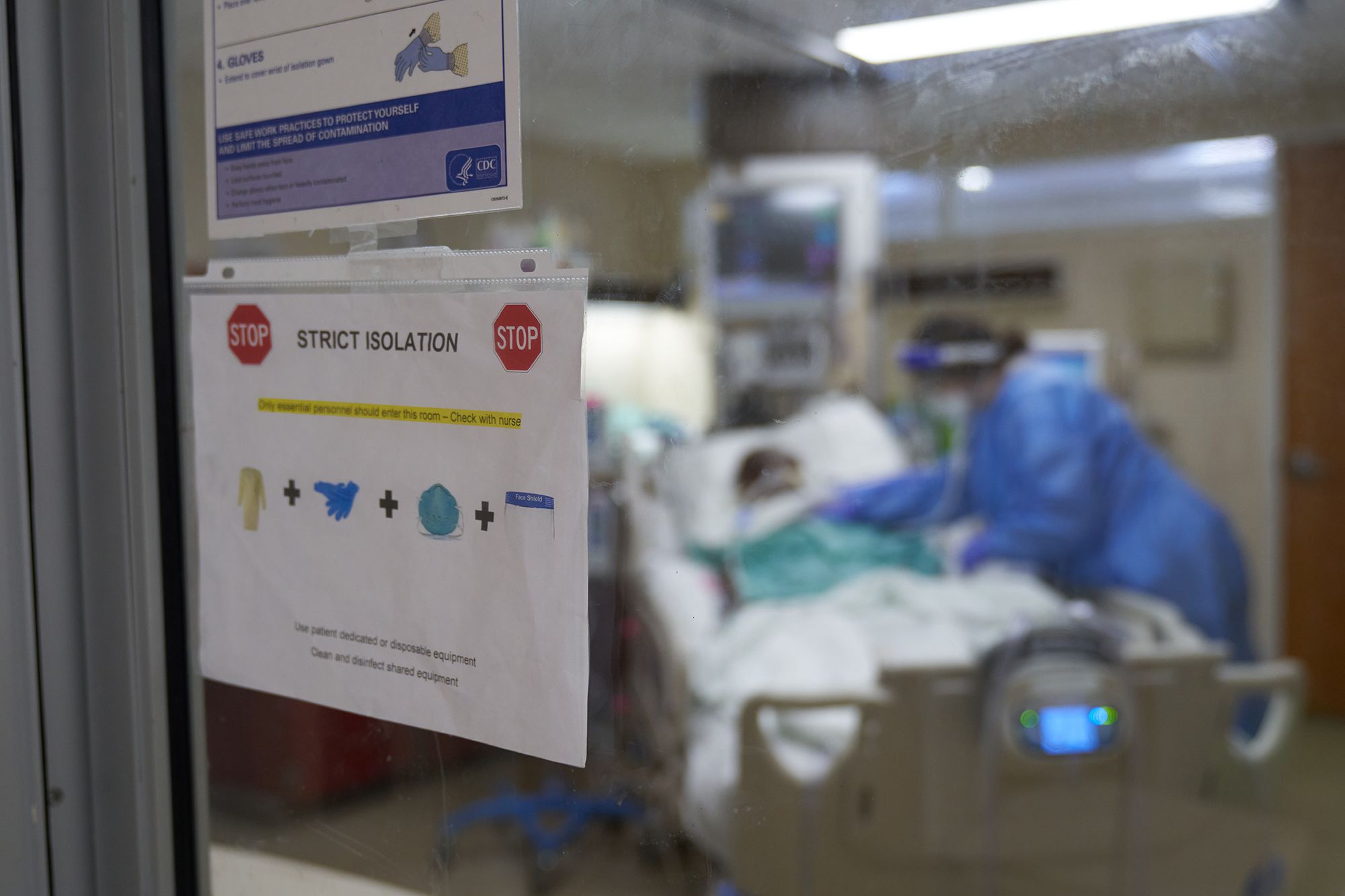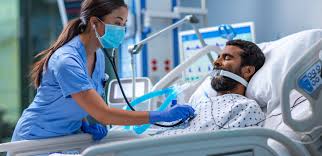Intensive Care

We provide prompt and effective care, ensuring you receive the attention you need when you need it most.
An ICU is a part of a hospital that gives care to people who are critically ill. Patients in the ICU have serious health issues that can be life-threatening. They might:
- have a serious injury
- have a serious illness
- be recovering from major surgery
In the ICU, patients are closely monitored at all times, 24 hours a day, by teams of specialist health practitioners. The ICU is different from other hospital wards in that:
- there are fewer beds
- each bed has lots of equipment needed to care for very sick patients
- fewer visitors are allowed
- there are fewer patients for each nurse to look after — often there is one nurse for every 1 or 2 patients
In the ICU, patients may need to have life-support. This is needed when a major organ such as the heart or lungs needs help to work properly.
Why are people admitted to the ICU? You are likely to be admitted to an ICU if you:
- are in a critical condition
- need specialised care
- need to be watched closely at all times
You might need to go to the ICU:
- after major surgery
- following an accident (for example, a car accident or severe burn)
- if you have a serious illness (such as heart failure, kidney failure, stroke or heart attack)
- if you have a serious infection (such as pneumonia or sepsis)
There is usually a special ICU for babies called the neonatal intensive care unit, or NICU. A NICU has specialist medical staff to care for:
- babies born prematurely
- babies with a serious illness

What happens in the ICU? The ICU can feel like a daunting place for both for you and your visitors. This can be due to the lines, tubes, wires and monitoring equipment at the bedside. ICU patients can be connected to different machines. The most common machines are heart monitors and artificial ventilators. An artificial ventilator is needed when you can't breathe for yourself. Many ICU machines beep and make loud noises and alarms. These noises are important because they let staff know if your condition changes. You may have several tubes going into or out of your body. These tubes give fluid and nutrients to you and get rid of waste fluids.
There are many medical staff in the ICU. Each patient usually has a dedicated specialist nurse. This nurse regularly checks the equipment and any life support systems. The ICU healthcare team understands how distressing the ICU can be. The staff are available to support your close family.
Contagious diseases
If you have a contagious disease, you need to be cared for in a separate part of the ICU. This is called 'isolation'. In the isolation section of the ICU, extra precautions are taken by staff to keep infections under control. It's important to stop germs infecting staff or other patients in the ICU. Isolation can also be needed if you have an infection that is hard to treat. This sometimes happens when germs become resistant to antibiotics.
